Ishita Ayan Dutt in Kolkata
Once a ghost town, Burnpur is beginning to take-off, thanks to a revived steel plant. Yet, an obscure tribal deity is preventing it from coming into its own.
It is 6 pm, yet the hustle and bustle around IISCO Steel Plant's office in Burnpur could deceive you into thinking that it is still the middle-of-the-work day with people flowing in and out. It is also a far cry from the deserted look the premises sported not so long ago.
With 22,000 people working relentlessly to complete a Rs 17,000 crore (Rs 170 billion) makeover for IISCO Steel Plant, formerly, Indian Iron and Steel Company, the energy is palpable.
The modernisation and expansion of the country's second oldest steel plant to 2.5 million tonnes capacity into an entity that can easily pass off as a brand new steel plant, will make it Steel Authority of India Ltd's (SAIL's) fifth integrated steel plant as well as Bengal's single largest investment on ground, till date.
...
How this sleepy town became the centre for a major steel plant
But for IISCO, the ride has been as bumpy as the undulating slag dumps along the entire 950 acres of the plant area.
From a blue-chip company whose shares were traded on the London Stock Exchange during the times of Sir Biren Mookerjee - a visionary entrepreneur responsible for IISCO's first phase of expansion and modernisation - to a sick unit under the Board for Industrial and Financial Reconstruction (BIFR), IISCO has pretty much seen the best and worst of times.
For more than a decade after nationalisation in 1972, nothing seemed to be working for the unit, not even joint efforts to hive off the plant into a joint venture. At least 13 attempts were made at modernising the plant, but none of the schemes were implemented and it was referred to BIFR in 1994.
...
How this sleepy town became the centre for a major steel plant
The tide, however, turned in 2005 during the first avatar of the UPA. "Eight members of Parliament and five representatives from our Save IISCO committee (comprising five trade unions, AITUC, INTUC, Citu, BMS and HMS) met Prime Minister Manmohan Singh.
He didn't say much, but gave us a patient hearing. We came back with the assurance that Steel Minister, Ram Vilas Paswan, will look into the matter," Citu secretary, Bimal Kumar Dutta, recalled. And Paswan did.
The Union Cabinet cleared the decks for a merger of IISCO (which used to be a subsidiary) with SAIL in 2005. Since then, there has been no looking back. Aptly, the new wave of development for IISCO was ushered in by Manmohan Singh on December 24, 2006, when he laid the foundation stone for the modernisation and expansion programme.
...
How this sleepy town became the centre for a major steel plant
That single move changed Burnpur, for good. Swanky malls and residential complexes now compete for space with pear-shaped furnaces along the skyline. "Not just Burnpur, the entire area has changed. Real estate prices have sky-rocketed," an IISCO official points out.
In the last three years, land prices have moved up from Rs 25,000 a cottah to Rs 2 lakh a cottah.The multiplier effect on the local economy is significant. "The local units have got orders worth Rs 1,000 crore (Rs 10 billion)," SAIL chairman, C S Verma, pointed out.
There is more coming their way as the plant readies to be commissioned by the middle of next year. Outsourcing of specialised services and transportation of materials will keep a large number of local people busy. The thumb rule is that for every one person directly employed in the factory, four persons will get indirect employment. So, a modernised IISCO may have just 5,500 people, as opposed to 8,000 in the old plant, but beneficiaries will be multiples of that.
...
How this sleepy town became the centre for a major steel plant
The Rs 17,000 crore (Rs 170 billion) investment also includes infrastructure spend like a flyover connecting the new plant to the township and highway. Any investment in infrastructure should be welcome given that quite a bit of the highway stretch leading up to Burnpur is a nightmare.
Consider this: a 3.2 km stretch from Panagarh to Durgapur (next to Burnpur) can take a couple of hours, irrespective of the time of the day.
But even as Burnpur is raring to take off, politics is casting its shadow on the investment, 80 per cent of which is already on the ground. A 20ft x 20ft green patch, apparently the abode of a tribal deity, Jhodabudi, is threatening the project. "Jhodabudi is there in the records since the British Raj. No one can deny this. If the company tries to move the deity, we will launch a protest," Trinamool Congress local councillor, Pabitra Majhi, said.
Whether Jhodabudi has a presence in any record is a matter of debate, but its only reminders are a tenuous wooden fence that binds the green patch, garlands strewn on some rocks and some red flags signalling an ominous presence.
...
How this sleepy town became the centre for a major steel plant
But divine intervention may not be the only route to resolving the present crisis. Majhi, representing the 230-odd people who have put their faith in Jhodabudi, has a compromise formula in place. "SAIL's Bokaro has given jobs to land losers. How can policies differ for the two plants? If IISCO gives jobs then we will reconsider our demand," Majhi said.
SAIL has already paid a handsome compensation to the people in accordance with a High Court order and made alternative arrangements for Jhodabudi, as well. But that's not helping.
Majhi's views have found favour in the upper echelons of the Trinamool Congress "Giving jobs to land losers is part of our land policy," Chatterjee, who had lent support to the movement prior to the elections, said. The green patch may be a small peck in the whole scheme of things, but it happens to be in the despatch route of the plant.
...
How this sleepy town became the centre for a major steel plant
Image: Burnpur Nehru Park"If we can't have that patch, the plant will operate at 60 per cent," IISCO chief executive officer, N K Jha, said.
Quite unlike the industrial history of Bengal and IISCO's own, trade unions are putting up a united front to wage a war against the Trinamool Congress-led movement.
"If they don't give up their demand, we will do a dharna at the Jhodabudi site. The state government should intervene, we have written to Chief Minister, Mamata Banerjee," Dutta said. For the Save IISCO Committee, which has been fighting for IISCO's survival for years, it's a full circle.
...
How this sleepy town became the centre for a major steel plant
"Earlier, we used to fight against the Centre for want of support to IISCO, now we have to fight with the state government for a unit which is significant for its exchequer," BMS secretary, Rama Hili Rai, rued.
Alternatively, the entire engineering layout will have to be changed. That could be embarrassing and expensive since 90 per cent of the plant is ready. When complete though, people say that Burnpur will be second to none.
"Once ready, Burnpur will surpass Durgapur," Verma pointed out. Durgapur, a planned industrial township and next to Burnpur, was West Bengal's second Chief Minister, Bidhan Chandra Roy's dream and is home to SAIL's Durgapur Steel Plant.
All that remains now is for Jhodabudi to make it a headache-free reality.

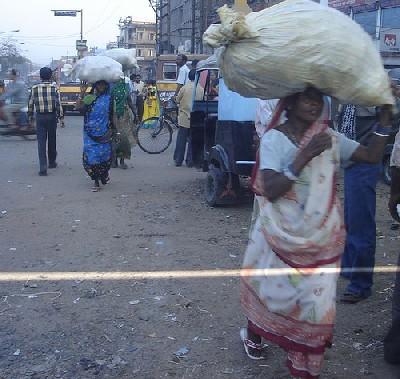

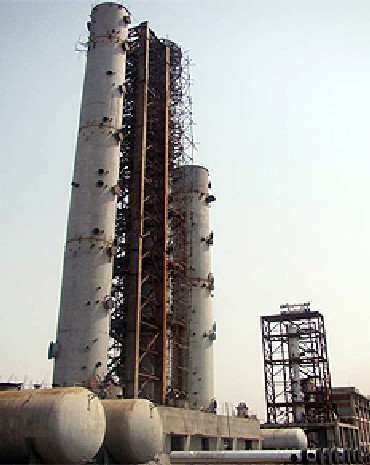

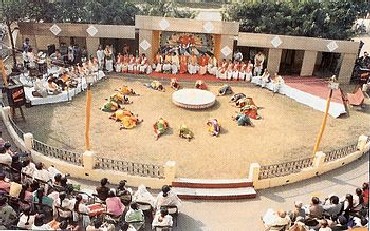
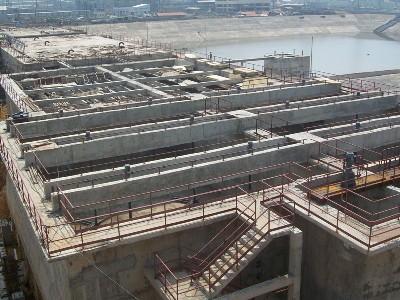
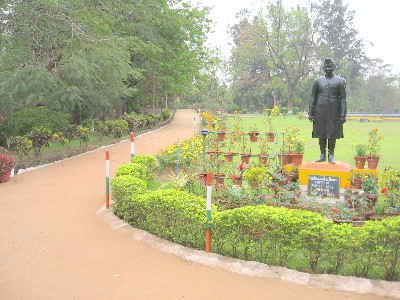
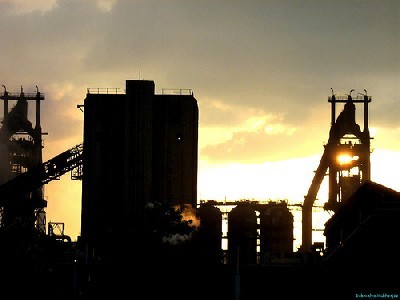

article